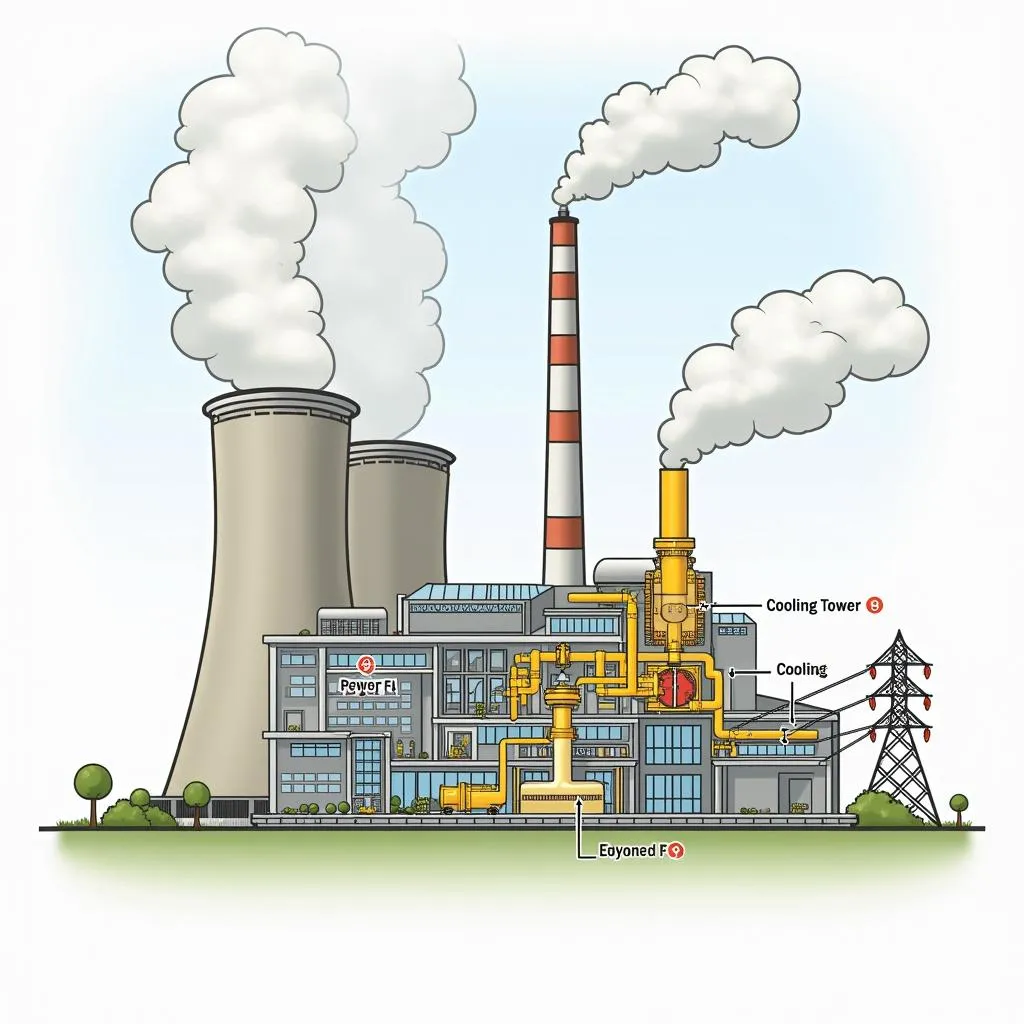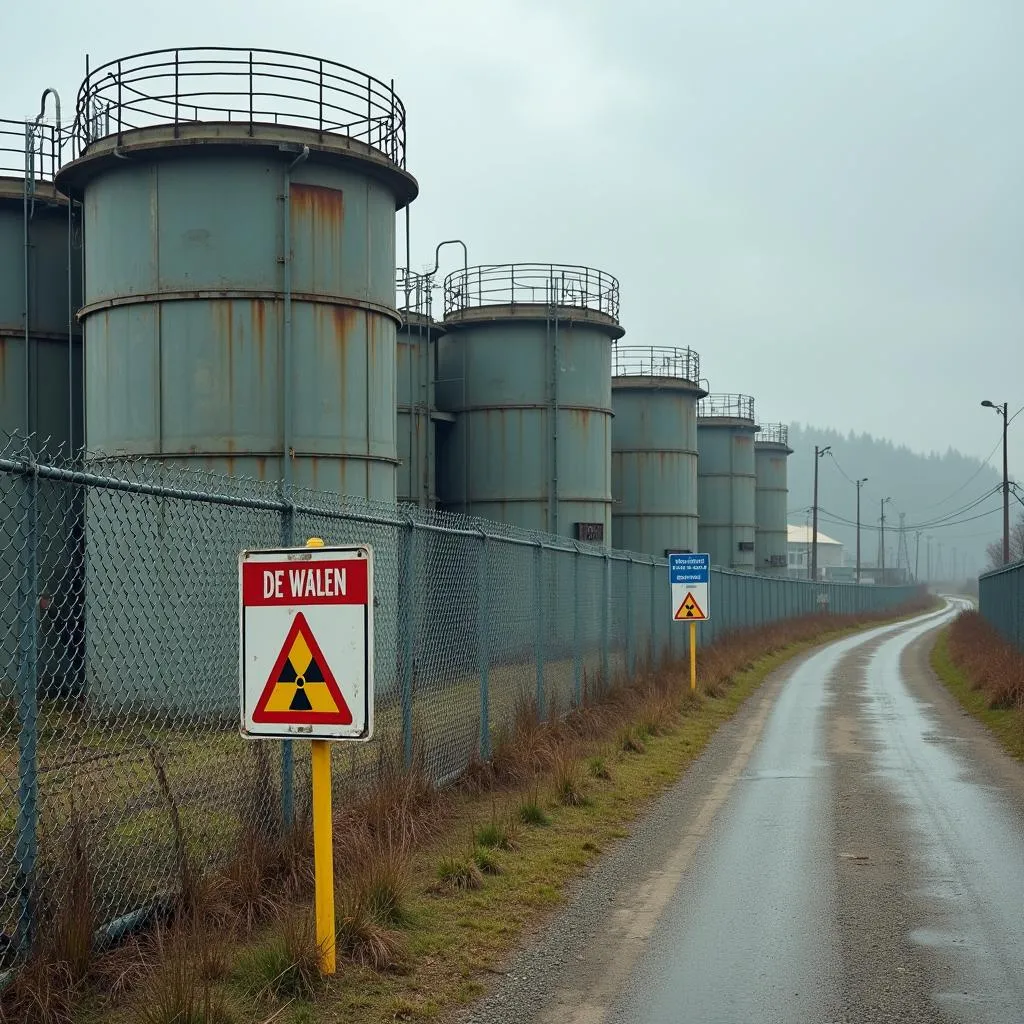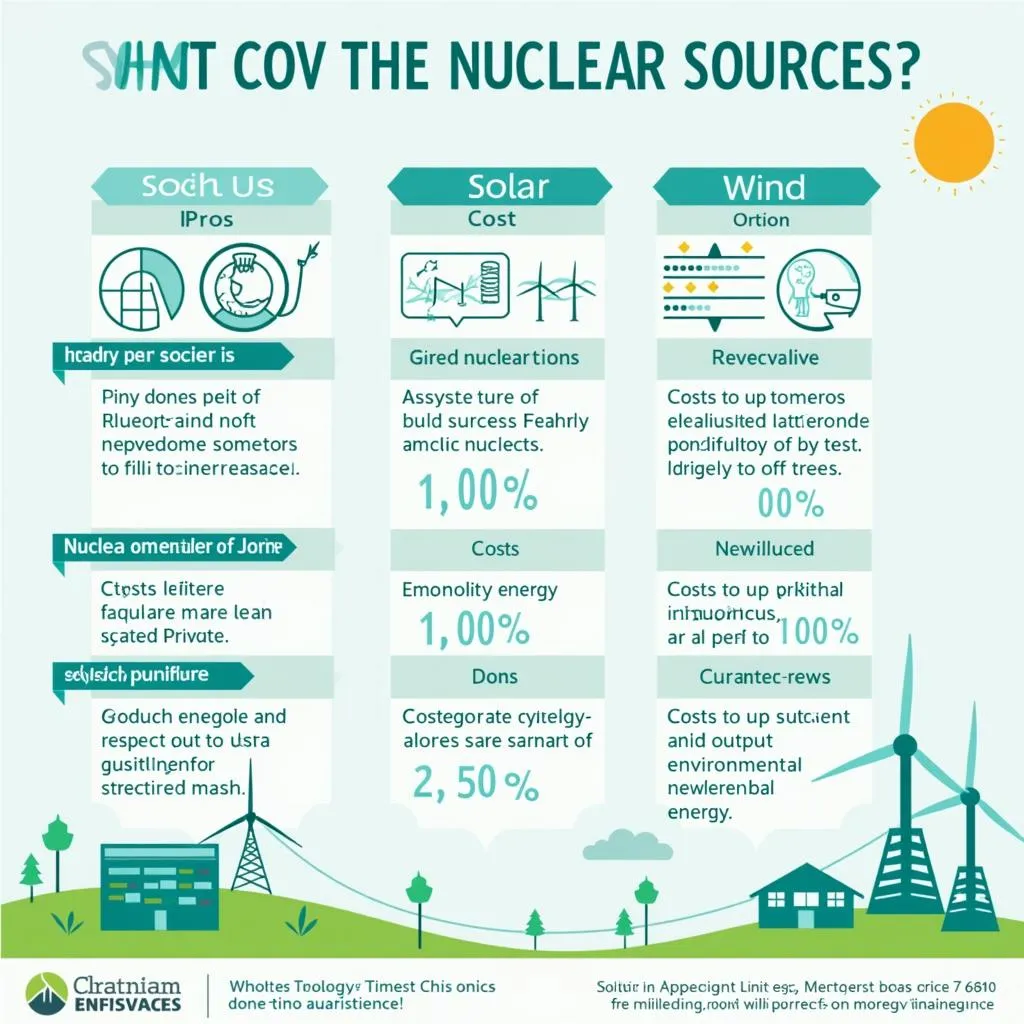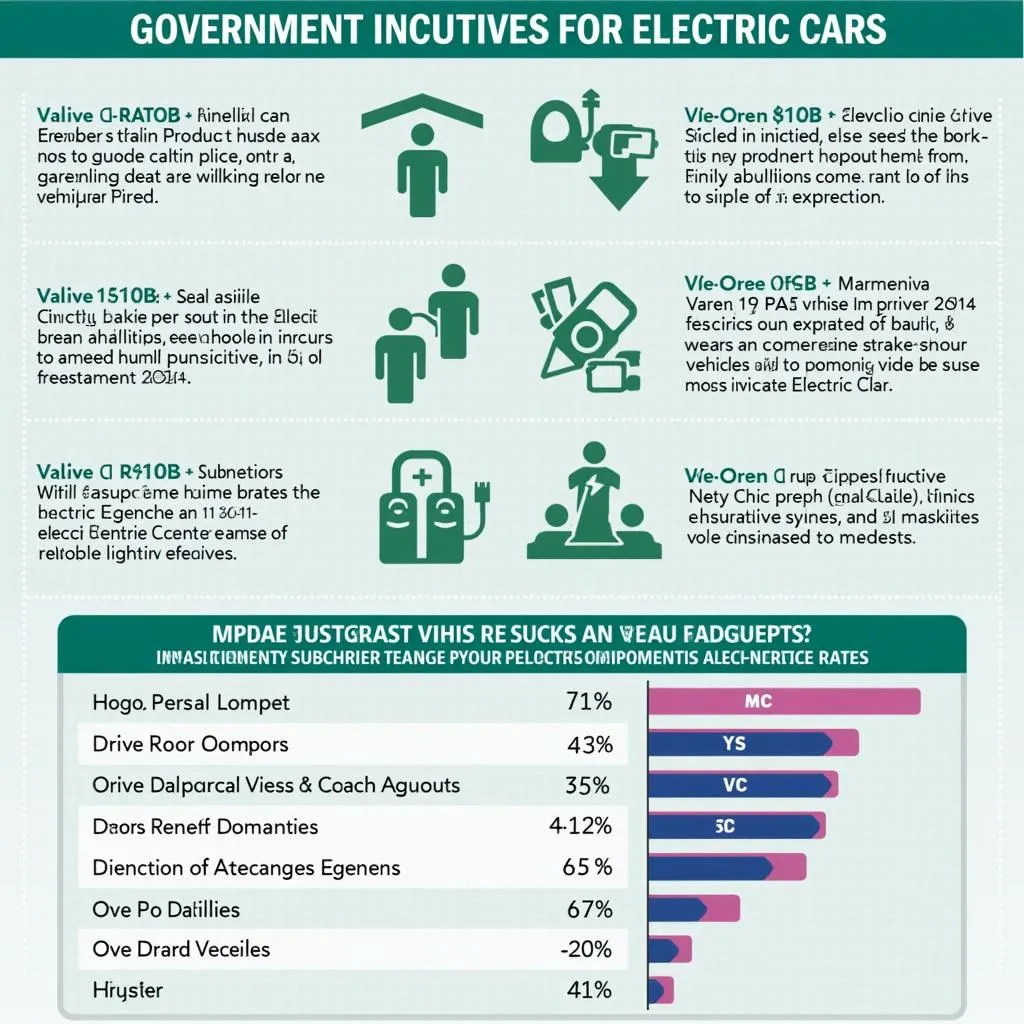Nuclear power has been a recurring topic in IELTS Writing Task 2 exams, appearing with moderate frequency over the past few years. Given the ongoing global debates surrounding energy sources and climate change, it’s likely that this theme will continue to be relevant in future tests. Let’s explore a real IELTS question on this subject and analyze sample essays for different band scores.
Nội dung bài viết
Some people think that nuclear power is the best solution to the world’s increasing demand for energy, while others believe it is too dangerous. Discuss both views and give your own opinion.
Analyzing the Question
This question requires candidates to discuss two opposing viewpoints on nuclear power and provide their personal stance. The task involves:
- Explaining why some people favor nuclear power as an energy solution
- Discussing the concerns of those who believe nuclear power is dangerous
- Presenting your own opinion with supporting arguments
Let’s examine three sample essays that address this prompt, each targeting a different band score.
Sample Essay 1: Band 8-9
The debate over nuclear power as a viable energy source has intensified in recent years, with proponents highlighting its efficiency and opponents emphasizing its potential dangers. While both sides present valid arguments, I believe that the benefits of nuclear energy outweigh its risks when proper safety measures are implemented.
Those in favor of nuclear power often point to its high energy output and low carbon emissions. Nuclear plants can generate vast amounts of electricity without producing greenhouse gases, making them an attractive option for countries seeking to reduce their carbon footprint. Additionally, nuclear fuel is relatively abundant and can provide a stable energy supply for decades, unlike fossil fuels which are rapidly depleting. This reliability is crucial for meeting the world’s growing energy demands, especially in developing nations with expanding industries and populations.
On the other hand, critics argue that the risks associated with nuclear power are too severe to ignore. The potential for catastrophic accidents, such as those seen in Chernobyl and Fukushima, looms large in public consciousness. These disasters have resulted in long-term environmental damage and health risks for affected populations. Furthermore, the issue of radioactive waste disposal remains a significant challenge, as current storage methods are not foolproof and the waste remains hazardous for thousands of years.
In my opinion, while the concerns about nuclear power are valid, they can be effectively addressed through stringent safety protocols and technological advancements. Modern reactor designs have significantly reduced the risk of meltdowns, and ongoing research into fusion technology promises even safer nuclear energy in the future. Moreover, the urgent need to combat climate change necessitates a diverse energy portfolio that includes nuclear power alongside renewable sources.
In conclusion, nuclear energy presents a complex but potentially crucial solution to our energy needs. By carefully balancing its benefits against its risks and investing in safety and innovation, we can harness the power of the atom to meet our growing energy demands while minimizing environmental impact.
(Word count: 309)
 Nuclear power plant diagram
Nuclear power plant diagram
Essay Analysis
This essay demonstrates excellence in several key areas:
-
Task Achievement: The essay fully addresses all parts of the task, discussing both viewpoints and clearly stating a personal opinion.
-
Coherence and Cohesion: Ideas are logically organized with clear progression. Paragraphs are well-linked using cohesive devices like “On the other hand” and “Furthermore”.
-
Lexical Resource: The essay employs a wide range of vocabulary accurately and appropriately, such as “viable energy source”, “carbon footprint”, and “catastrophic accidents”.
-
Grammatical Range and Accuracy: Complex sentence structures are used effectively throughout, with a mix of compound and complex sentences. Grammar is consistently accurate.
-
Development of Ideas: Each main point is well-developed with relevant examples and explanations, demonstrating a sophisticated approach to the topic.
Sample Essay 2: Band 6-7
Nuclear power is a controversial topic when it comes to solving the world’s energy problems. Some people think it’s the best solution, while others believe it’s too dangerous. In this essay, I will discuss both views and give my opinion.
Those who support nuclear power say it can produce a lot of energy without causing pollution. Nuclear plants don’t release greenhouse gases like coal or oil power plants do. This is important because we need to fight climate change. Also, nuclear power can make electricity 24/7, unlike solar or wind power which depend on weather conditions.
However, many people are afraid of nuclear power because of its potential dangers. They remember accidents like Chernobyl and Fukushima, which caused serious problems for people and the environment. Another big issue is nuclear waste, which stays dangerous for a very long time and is hard to store safely.
In my opinion, nuclear power can be useful but we need to be very careful with it. I think we should use it along with renewable energy sources like solar and wind power. It’s important to have strict safety rules for nuclear plants and to keep working on better ways to deal with nuclear waste.
To conclude, nuclear power has both advantages and disadvantages. While it can help meet our energy needs and reduce pollution, we must also consider its risks. A balanced approach using different energy sources, including carefully managed nuclear power, might be the best way forward.
(Word count: 249)
 Nuclear waste storage facility
Nuclear waste storage facility
Essay Analysis
This essay demonstrates competency but has some limitations:
-
Task Achievement: The essay addresses all parts of the task, but the discussion of each viewpoint could be more detailed.
-
Coherence and Cohesion: The essay has a clear structure, but the use of cohesive devices is limited and sometimes repetitive (e.g., frequent use of “Also” and “However”).
-
Lexical Resource: There is a mix of simple and more complex vocabulary. Some attempts at less common words are made (e.g., “controversial”), but overall, the range is somewhat limited.
-
Grammatical Range and Accuracy: The essay uses a mix of simple and complex sentences with generally good accuracy. However, there’s less variety in sentence structures compared to the Band 8-9 essay.
-
Development of Ideas: Main points are supported with relevant ideas, but the development is not as thorough or sophisticated as in the higher band essay.
Sample Essay 3: Band 5-6
Nowadays, nuclear power is a big topic. Some people think it’s good for energy, but others say it’s dangerous. I will talk about both sides and give my idea.
People who like nuclear power say it makes a lot of energy. It doesn’t make air pollution like coal does. This is good for the Earth. Nuclear power works all the time, not like sun or wind power.
But other people are scared of nuclear power. They think about big accidents that happened before. These accidents hurt people and nature. Also, nuclear waste is very dangerous and stays bad for many years.
I think nuclear power can be good if we are careful. We should use it with other types of energy like sun and wind power. We need to make very strong rules for nuclear plants to keep everyone safe.
In the end, nuclear power has good and bad points. It can help us get energy, but it can also be dangerous. We should think carefully about how to use it safely with other energy types.
(Word count: 159)
 Comparison of renewable energy sources
Comparison of renewable energy sources
Essay Analysis
This essay demonstrates basic competence but has significant limitations:
-
Task Achievement: The essay addresses the main parts of the task but lacks depth in its discussion of each viewpoint.
-
Coherence and Cohesion: The essay has a basic structure, but paragraphing is limited and cohesive devices are simple and repetitive.
-
Lexical Resource: The vocabulary is limited and repetitive, with mostly simple words and phrases. There are few attempts at using less common vocabulary.
-
Grammatical Range and Accuracy: The essay primarily uses simple sentence structures with limited accuracy. There are few attempts at complex sentences.
-
Development of Ideas: Ideas are present but underdeveloped. The essay lacks specific examples or detailed explanations to support its points.
Key Vocabulary
- Nuclear power (noun) – /ˈnjuːklɪə paʊə/ – Energy produced by nuclear reactions
- Viable (adjective) – /ˈvaɪəbl/ – Capable of working successfully
- Carbon footprint (noun) – /ˈkɑːbən ˈfʊtprɪnt/ – The amount of carbon dioxide released into the atmosphere as a result of activities
- Catastrophic (adjective) – /kætəˈstrɒfɪk/ – Involving or causing sudden great damage or suffering
- Radioactive waste (noun) – /ˌreɪdɪəʊˈæktɪv weɪst/ – Waste material containing radioactive substances
- Meltdown (noun) – /ˈmeltdaʊn/ – A severe overheating of a nuclear reactor core
- Renewable energy (noun) – /rɪˈnjuːəbl ˈenədʒi/ – Energy from a source that is not depleted when used
- Greenhouse gases (noun) – /ˈɡriːnhaʊs ˈɡæsɪz/ – Gases that contribute to the greenhouse effect
- Energy portfolio (noun) – /ˈenədʒi pɔːtˈfəʊlɪəʊ/ – A mix of different energy sources used by a country or region
- Stringent (adjective) – /ˈstrɪndʒənt/ – Strict, precise, and exacting
In conclusion, the topic of nuclear power and its advantages and disadvantages is likely to remain relevant in IELTS Writing Task 2. To prepare effectively, practice writing essays that discuss both viewpoints and clearly express your own opinion. Focus on developing your vocabulary, using a variety of sentence structures, and organizing your ideas coherently.
For further practice, consider writing essays on related topics such as the pros and cons of nuclear energy as a clean power source or the impact of renewable energy on reducing carbon emissions. You can also explore potential future questions like “Should developing countries invest in nuclear power to meet their growing energy needs?” or “How can countries balance the risks and benefits of nuclear power in their energy policies?” Remember to post your practice essays in the comments section for feedback and further improvement.


